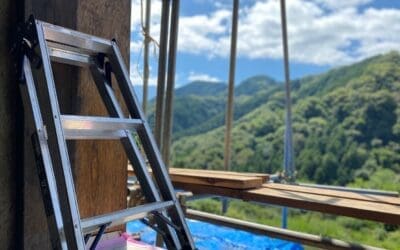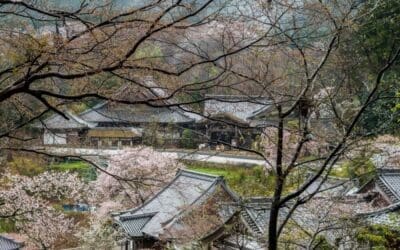Rural Japan entrepreneurs are not just wanted, they’re essential. Despite ongoing rural revitalization efforts, most government policies still target families rather than founders. But if the Japanese countryside is to become more than a place of retreat, we must empower those building the future, not just those relocating into it.
Why Rural Japan Entrepreneurs Must Lead
Much of Japan’s rural policy infrastructure hinges on the flawed belief that population alone revives towns. Free akiya homes, relocation grants, and tax breaks for young couples dominate the discussion. But systems do not regenerate just because people arrive. They thrive when people invest, experiment, and risk.
Rural Japan entrepreneurs bring that missing element: initiative. They don’t just live in these towns—they rewire them. A creative business transforms a vacant building into a hub. A farm-tech pilot reinvents how food is grown locally. These are strategic interventions, not lifestyle changes.
Families follow jobs, purpose, and community. Entrepreneurs create those. Until we prioritize them, no rural policy will reach its full potential.
The Gaps Holding Back Rural Japan Entrepreneurs
To flip the script, Japan needs a rural startup strategy, not just a relocation campaign. Here’s what that would look like:
- Immediate business incorporation & visa assistance
- Microgrants for idea-stage testing in rural towns
- Multi-use zoning for vacant property conversions
- Hardware & software support for digital infrastructure
- Public-private partnerships for mentorship & scaled rollouts
At Akiyaz, we’ve seen that with even modest resources, these changes can unlock major value for both founders and communities.
Three Stories That Prove It Works
Consider also the Setouchi Retreat Aonagi in Matsuyama. A minimalist resort carved from an abandoned property, it’s a case study in design-forward rural business. The project brought global travelers and local artisans together in one model—without waiting for population growth.
Rural revitalization isn’t a myth. But it only materializes when energy meets freedom. The entrepreneurs are willing. The policies must now meet them halfway.
Japanese Countryside as Entrepreneurial Frontier
The Japanese countryside is more than beautiful—it’s strategically underutilized. With land costs a fraction of urban rates, minimal competition, and growing international interest, these regions are ripe for businesses that wouldn’t survive elsewhere. And yet, digital illiteracy, zoning rigidity, and infrastructure gaps throttle growth.
Entrepreneurs can solve this—if empowered. A kombucha brewery, a fiber art residency, a co-working & ryokan fusion, a decentralized solar startup—these are not pipe dreams. They are the kinds of hybrid, ecologically rooted businesses that fit rural Japan like a glove.
Rather than positioning countryside towns as places to “settle down,” let’s frame them as places to launch something new. That’s the mindset Akiyaz supports.
How Akiyaz Helps Rural Japan Entrepreneurs
Through Akiyaz, we’ve helped visionaries acquire properties, connect with municipalities, and test regenerative businesses in real time. Our team offers guidance through zoning headaches, property negotiation, visa paperwork, and strategic planning. But most importantly, we see rural Japan entrepreneurs as core to our mission—not an afterthought.
Our properties are more than homes. They are canvases. We actively look for individuals who bring curiosity, grit, and an appetite to try something weird. Our latest projects in Yugawara, Makinohara, and Chichibu are testbeds for what’s next—not nostalgia, but networked renewal.
To build in the Japanese countryside is to join a broader movement. And we’re ready to support you every step of the way.



